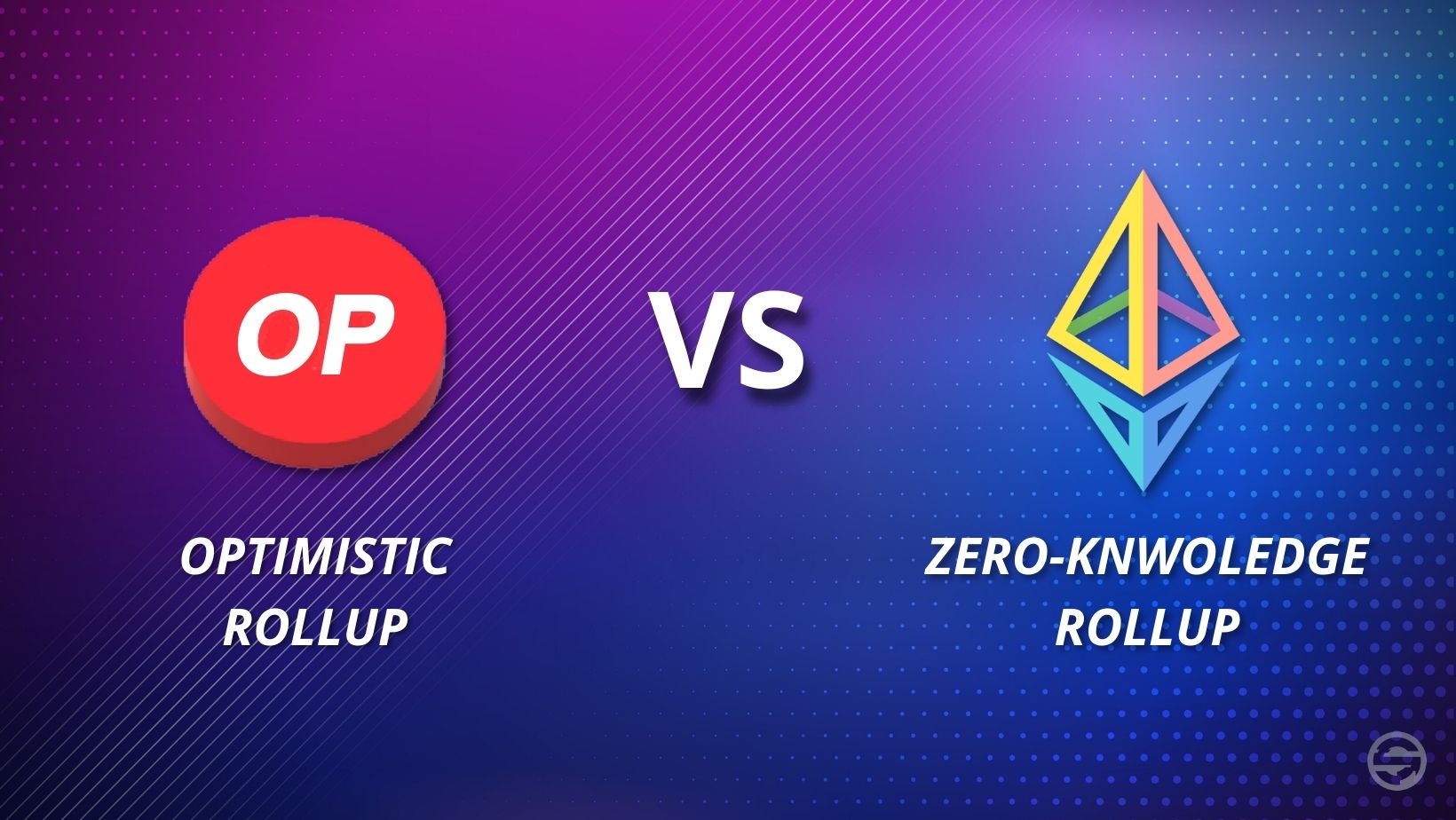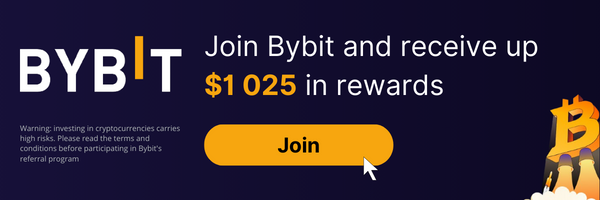
Table of contents
What are Rollups?
Rollups are innovative solutions to address the scalability problem of layer 1 blockchains. Indeed, blockchains such as Ethereumare not able to process a large number of transactions at once, which results in high transaction fees and longer confirmation times. Rollups get around this problem by delegating some of the transaction processing to third parties, which significantly reduces costs and improves the overall performance of blockchains. With rollups, it is possible to process thousands of transactions per second, making it a very promising solution for the future of blockchains.
The two main types of Rollups
Rollup solutions are divided into two main types: Optimistic rollups and Zero-Knowledge rollups (ZK-rollups). One of the advantages of both types of rollups is the significant reduction in transaction costs. Instead of processing each transaction independently on the Layer 1 blockchain, rollups allow dozens of transactions to be aggregated on a layer 2 chain and then compressed into a single transaction that is ultimately sent back to the Layer 1 blockchain. This significantly reduces processing costs and splits the cost of this single transaction among multiple users.
Optimistic rollups
Optimistic rollups, as the name suggests, operate optimistically by assuming that all transactions in a rollup are valid. This approach offers significant speed because it eliminates the need to verify every transaction. However, it leaves all participants with limited time to challenge fraudulent transactions. One of the main drawbacks of Optimistic rollups is that it often takes about a week to withdraw funds from the network, which can be a problem for some users.
ZK-rollups
- ZK-rollups use a complex cryptographic technique called zero-knowledge proof to determine whether a transaction is valid using only minimal information about that transaction. ZK-rollups are powerful in that they offer privacy protection and allow users to withdraw their funds more quickly than Optimistic rollups. Despite complex technological development, thanks to recent advances in cryptography, ZK-rollups solutions identical to Ethereum's core network are expected to be launched soon, which will support virtually any application developers want to build on Ethereum in a faster and less expensive way for end users.

Limitations of rollups
Rollup solutions such as Optimistic rollup and ZK rollup improve the scalability of blockchains by allowing off-chain transactions and reducing the load on the main chain, but they still have limitations. Costs can be high, security can be compromised by trusting a third party, flexibility is limited, and there is a risk of centralized governance. However, these limitations can be overcome with future improvements, and rollups remain a promising solution for improving blockchain scalability.
Conclusion
Rollups are promising solutions for scaling blockchains. By using rollups, users can benefit from improved efficiency, security and scalability of blockchains. They enable large numbers of transactions to be processed efficiently and at lower cost. This opens the door to new blockchain use cases, such as micropayments and large-scale decentralized applications. By integrating rollups into the blockchain ecosystem, we can finally see the true capabilities of this emerging technology. Rollups still pose some risks to the Ethereum backbone, but significant progress has been made in security and decentralization. Rollups have the potential to provide efficient and secure scaling solutions for Ethereum.



 Blockchain, Ethereum, DeFi, Layer 2
Blockchain, Ethereum, DeFi, Layer 2 2023-03-21
2023-03-21
